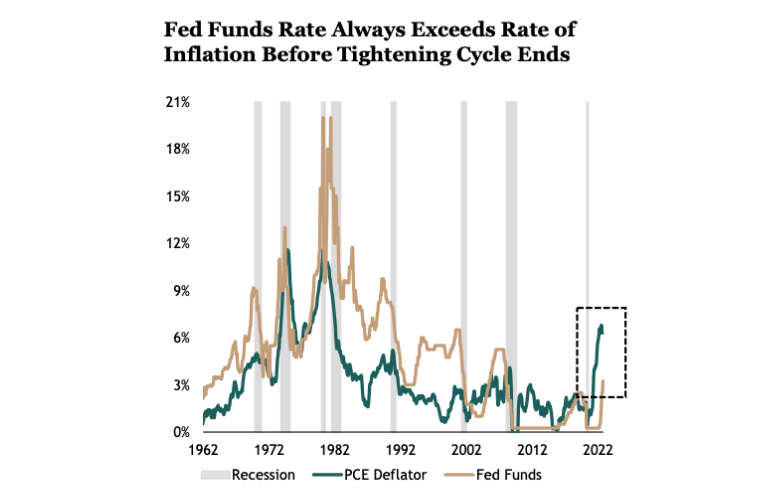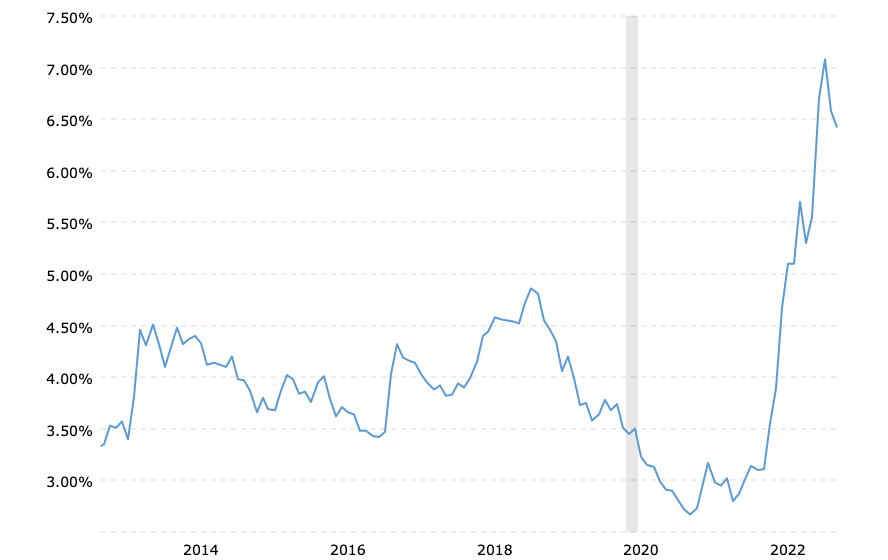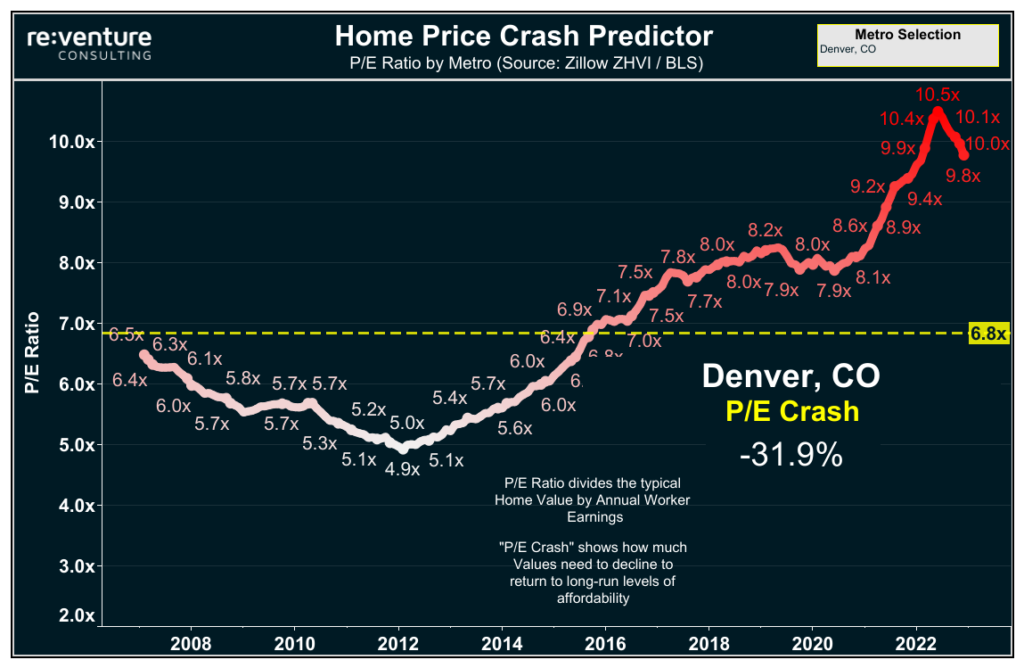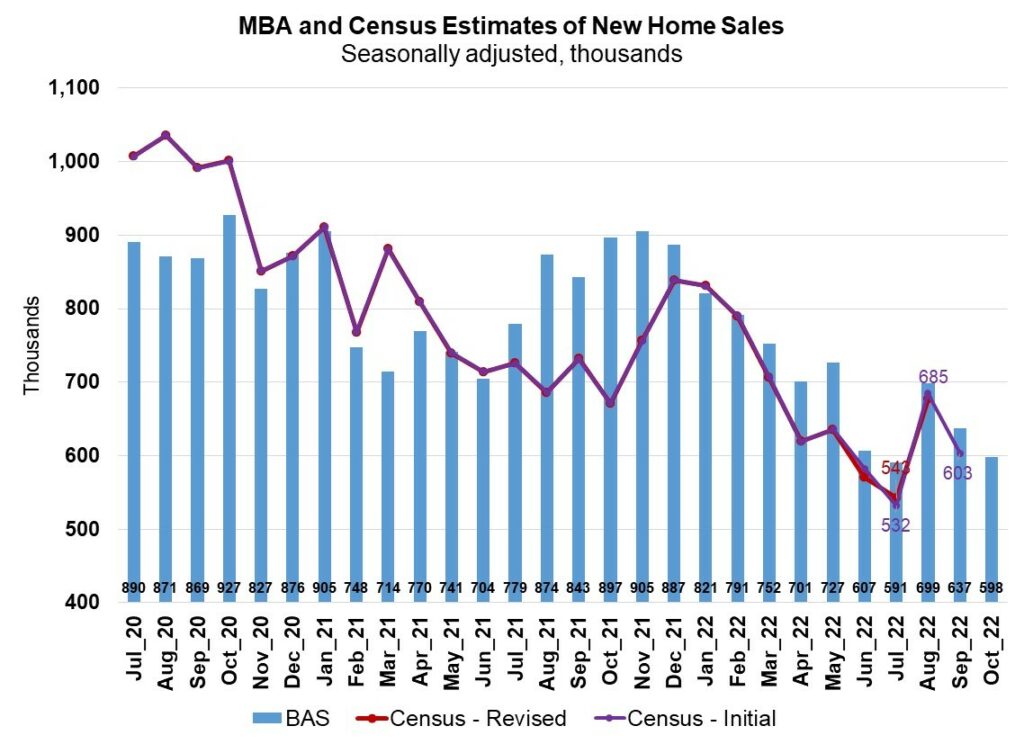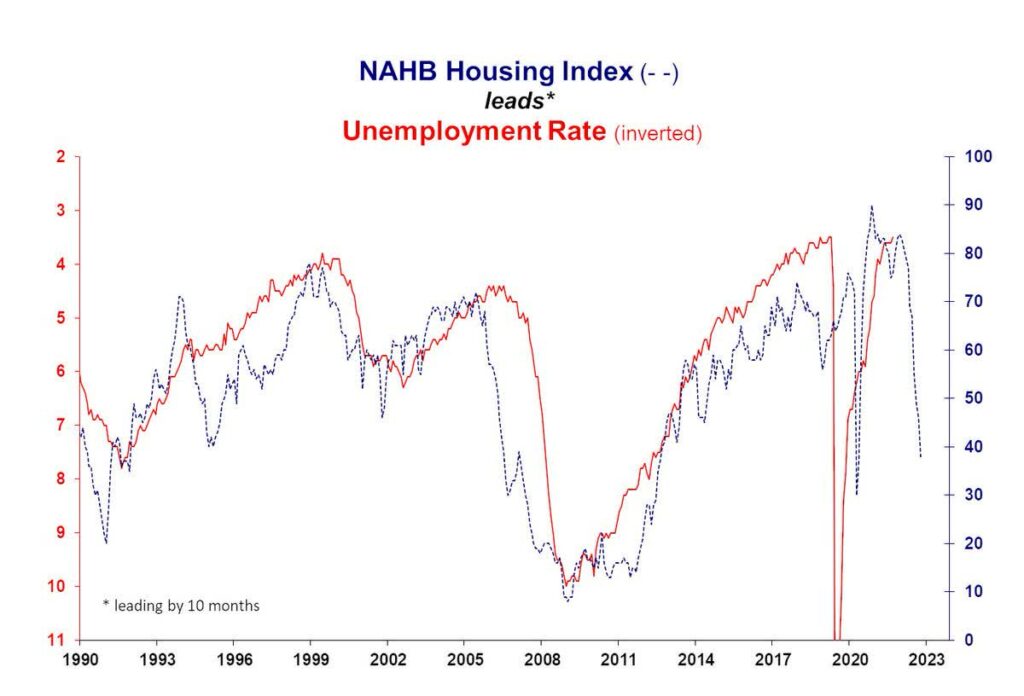Patient Money, Monetary Tightening & the Opportunity of My Lifetime
As the new year takes root, markets are beginning to shift, alternative strategies are on the rise, and the risk of a global recession must not be underestimated. The current economic environment is leading to a market reset for assets across classes in 2023. Remaining agile is key to making the most of these market changes. Our team has “done the work” to prepare for the Real Estate Reset of 2023, and I’d like to share some of our internal insights and discovery with you in the name of navigating this turbulent and tightening economic environment in 2023.
We simply attempt to be fearful when others are greedy, and to be greedy, only when others are fearful.
– Warren Buffett
Housing, Homebuilding & an Inherent Opportunity Cost
In 2013, Colorado’s mountain-resort housing market was still in shambles. No one was building anything significant, very few projects were being entitled, and most homes were still selling well below replacement cost. Unsurprisingly, buyers and investors were fearful. I knew a lack of future supply would eventually create a shortage of housing, and homebuilding would be a safe place to grow and operate. I was so confident that I bet my entire net worth on it. I put everything I had into a few broken housing projects. Then, scrambled for the next several years to determine the best way to get each asset fully built.
Eight years later, we completed our two largest subdivisions and made the very difficult decision to get out of the homebuilding business. It was not an easy decision to make and involved turning over 20+ employees, selling heavy equipment, and having the patience to wait for better opportunities. Why did I make such a brash decision?
Simply, I couldn’t find any bigger deals that I would risk my own money on, let alone my investors’ capital. It wasn’t for lack of trying. We tied up several different projects before throwing in the towel.
The challenge we faced was an unbelievable amount of competition for deals from local investors/developers, in addition to a stampede of out-of-town groups suddenly dying to own something in the mountain markets. Prices were bid up quickly while construction costs simultaneously skyrocketed through the roof. We could have stayed the course and attempted to compete. Instead, I decided to remain disciplined in our approach, which by default (due to strict acquisition, pricing, and underwriting criterion), put us out of the running on many deals.
A Newly Focused Strategic Direction
Our end game still holds true: find asymmetric opportunities for the firm and our partners. The type of deals that produce limited downside if we are wrong and significant upside if we are right. It sounds simple enough, but it’s very hard to maintain that discipline when you get outbid or blown out of the water, deal after deal. Fundamentals couldn’t compete with the flood of hot money that we saw in 2021/2022, but now, the market is changing.
The good news for us (and our investors) is the market is now shifting, quickly moving in Fortius’ strategic direction. The bad news? I believe this global economic storm will take some time to completely play out. Unfortunately, “sticky” inflation means the Fed isn’t done tightening yet, despite another hike in December 2022. Only time will tell, but historically, the Federal Funds Rate has always exceeded the Rate of Inflation before ending a tightening cycle. If that holds true, the Rate of Inflation must notably retract, the Fed Funds rate must notably increase, or a blended retraction/nominal increase must occur. I’d expect more tightening, just ask Blackstone…
Federal Funds Rate: Relative to the Rate of Inflation. Source.
Find Your Data-Driven Truth
The data doesn’t stop there. Other indicators shine a light in a dark room on what’s to come during the Real Estate Reset of 2023. I believe an opportunity will arise for the prepared, cash-positive few.
First, it’s important to understand that housing combined with the sale of durable goods and related services represents most economic activity across the U.S. business cycle. Housing is a long-duration asset that is financed with high amounts of debt. This makes the housing sector extremely susceptible to changes in interest rates. Housing also drives and/or correlates with most of the demand in durable goods. Durable goods are things like furniture, appliances, and automobiles. Right now, housing is telling us that the slowdown in the economy is just beginning. As Churchill once said, “Now this is not the end. It is not even the beginning of the end. But it is, perhaps, the end of the beginning.” Here are some key factors to gauge the health of the housing market in 2023 and beyond:
US 30 YR Mortgage Rates: Rates have increased significantly in a rather short period of time. Source.
Home Price / Earnings Ratio: How much does the average home cost versus current wages? This is a snapshot of Denver, Colorado, and does not even consider surging mortgage rates. Source.
source: tradingeconomics.com
NAHB Homebuilder Sentiment: “The NAHB housing market index in the US declined to 31 in December of 2022, a fresh low since 2012 excluding the immediate onset of the pandemic, and below market forecasts of 34.” Source.
Builder Application Surveying: “MBA’s BAS data for October 2022 shows mortgage applications for new home purchases decreased 28.6 percent compared to a year ago.” Source.
US Unemployment vs NAHB Homebuilder Sentiment: “Homebuilder sentiment is a leading economic indicator and suggests the unemployment rate (inverted in red) is about to contract sharply. Debts will be harder to service as it does.” Source.
The Real Estate Reset of 2023 & the Rise of New Opportunity
To clarify, I am not predicting a 2008-style-housing-crash. There are some critical differences (when comparing 2008’s crash), including: less risky mortgages, a significant number of homeowners already securing/locking a very low mortgage rate, and while the supply of new construction homes is growing quickly, the supply of existing homes is relatively low.
I am suggesting, however, that a global recession is just getting started and we are already seeing huge selloffs across asset classes. The riskiest assets, like crypto and NFTs, being the first to implode. But even high-performing REITs are experiencing high withdrawal activity. As of December 2022, Blackstone began limiting withdrawal redemptions from its Real Estate Income Trust, BREIT, and I believe more volatile activity is on the horizon, which the right operators may presciently capitalize upon. Not only will a lot of shaky deals from past years likely blow up, but sellers will need to get realistic as the cost of capital continues to increase and credit tightens.
Moreover, I believe the Denominator Effect will remove many prospective competing investors from the market. If you are not familiar with the Denominator Effect, it’s simply a fancy term used to describe a rebalance of an investment portfolio among financial institutions. Currently, financial institutions are writing down losses in other investments and will continue to do so. These losses are seen and felt in other portfolio asset classes like stocks, bonds, PE, etc. Even if a financial institution’s real estate holdings have not yet been impacted, it may look to sell, or at a minimum, lose its’ corporate appetite to add more real estate while the institution goes through this painful rebalancing. That means, less debt and equity will be available and thus, less liquidity will exist in the real estate market.
What does all this mean for you?
We are about to realize a complete reset in the real estate market. Fundamentals finally matter. Lenders are tightening their standards and underwriting is, once again, a critical validation component. It’s exactly the type of market I have been waiting for; where we can pursue irreplaceable assets that make sense for our firm and investment partners at a price that remains economically sensible to deliver attractive, risk-adjusted returns in the name of growing, preserving, and protecting our firm and partners’ respective portfolios. For our investors, this translates directly into opportunities to invest in under-managed, under-valued or under-utilized Entry-Level Housing / Outdoor Hospitality assets in 2023 and beyond.
The Road Ahead with Fortius Capital
Our investment partners can expect to see the following from Fortius Capital over the next 12 to 36 months. With a shifting economy and the associated turbulence, we believe the opportunities in housing assets will be significant. Fortius intends to refocus on these assets across a much larger geographic area.
- Entry Level Housing – Fortius Capital closed on a 200+ unit tiny home project in March 2022 and will acquire several similar projects in the near-term. Our focus is largely shifting to assets that are similar in nature. That includes Mobile Home Parks, Entry Level Housing, RV Parks, and Outdoor Hospitality.
- Commercial Development – The firm plans to wrap up its current commercial development projects this year, but it’s unlikely we will actively pursue other speculative ground-up commercial development opportunities at this time.
- Commercial Value-Add – If great deals that represent a large enough opportunity present themselves, the firm will (of course) consider them, but our acquisitions team will not be allocating significant efforts, here.
In last year’s annual letter, I suggested that holding cash would become wildly popular again. I told you that a recession was likely, and markets would be very volatile. That proved to be a prescient call. This year, I suggest you prepare to be greedy as fear truly grips this market. I am, personally, beginning to allocate cash into the market, with the lens that a true credit event will eventually emerge and create significant buying opportunities.
Here’s to capitalizing new vehicles that weather the storm….
Best,
Mike Pearson
President
